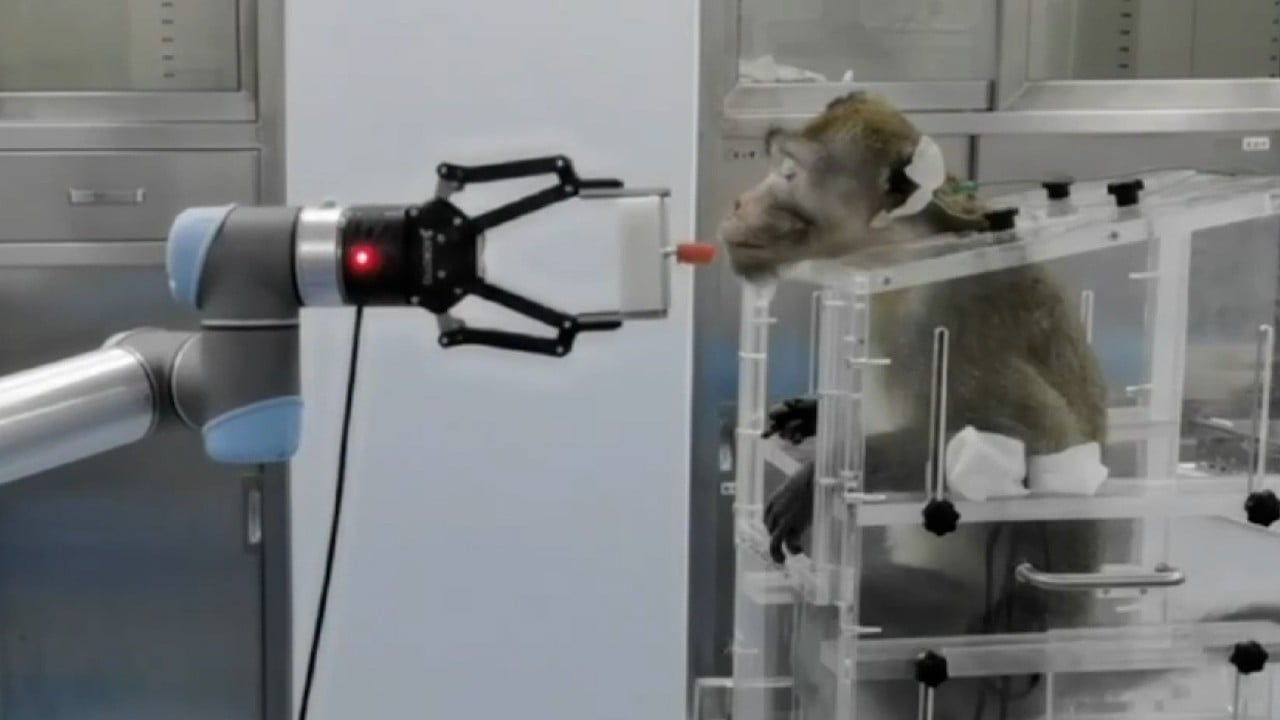Xi acclaims AI expert Andrew Yao who renounced US citizenship after return to China
- Turing prizewinner Yao earlier wrote to Xi, saying he wanted to contribute to the ‘great rejuvenation of the Chinese nation’

“In the 20 years since you returned to China, you have transformed your love for the country into actions to serve it,” Xi wrote in a letter to Yao, who heads the Institute for Interdisciplinary Information Sciences and the newly established College of AI at Tsinghua.
With “unwavering dedication”, Yao had made remarkable achievements in both teaching and research innovation, Xi wrote on Tuesday, according to state news agency Xinhua.
Xi also encouraged the professor, who is the only Chinese winner of the the prestigious AM Turing Award, to remain committed to his “original aspiration” and leverage his strengths to further explore mechanisms to train China’s innovative talents.
Yao, 77, had earlier written to Xi earlier to reflect on his two-decade tenure in Beijing, according to Xinhua. In the letter, Yao expressed determination to contribute to the “great rejuvenation of the Chinese nation”, Xinhua said.
Yao made fundamental contributions to the theory of algorithms and data structure in the 1970s when computer science was still in its nascence.
For instance, he introduced Yao’s min-max principle, which is now a basic technique for reasoning on randomised algorithms and complexity, with applications from property testing to learning theory.
